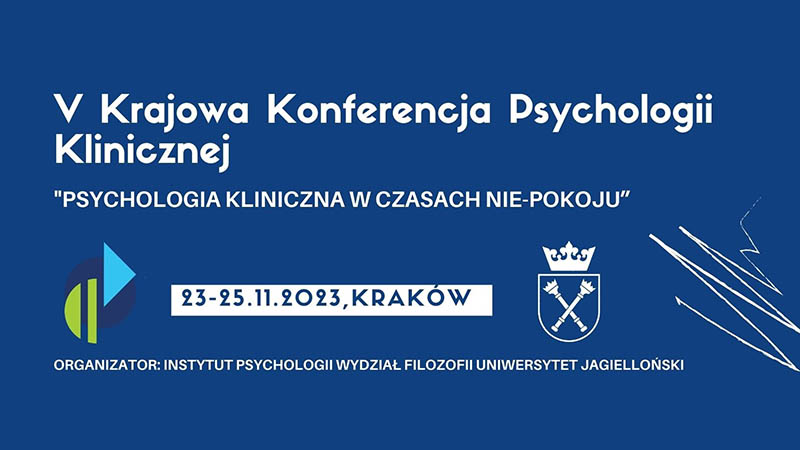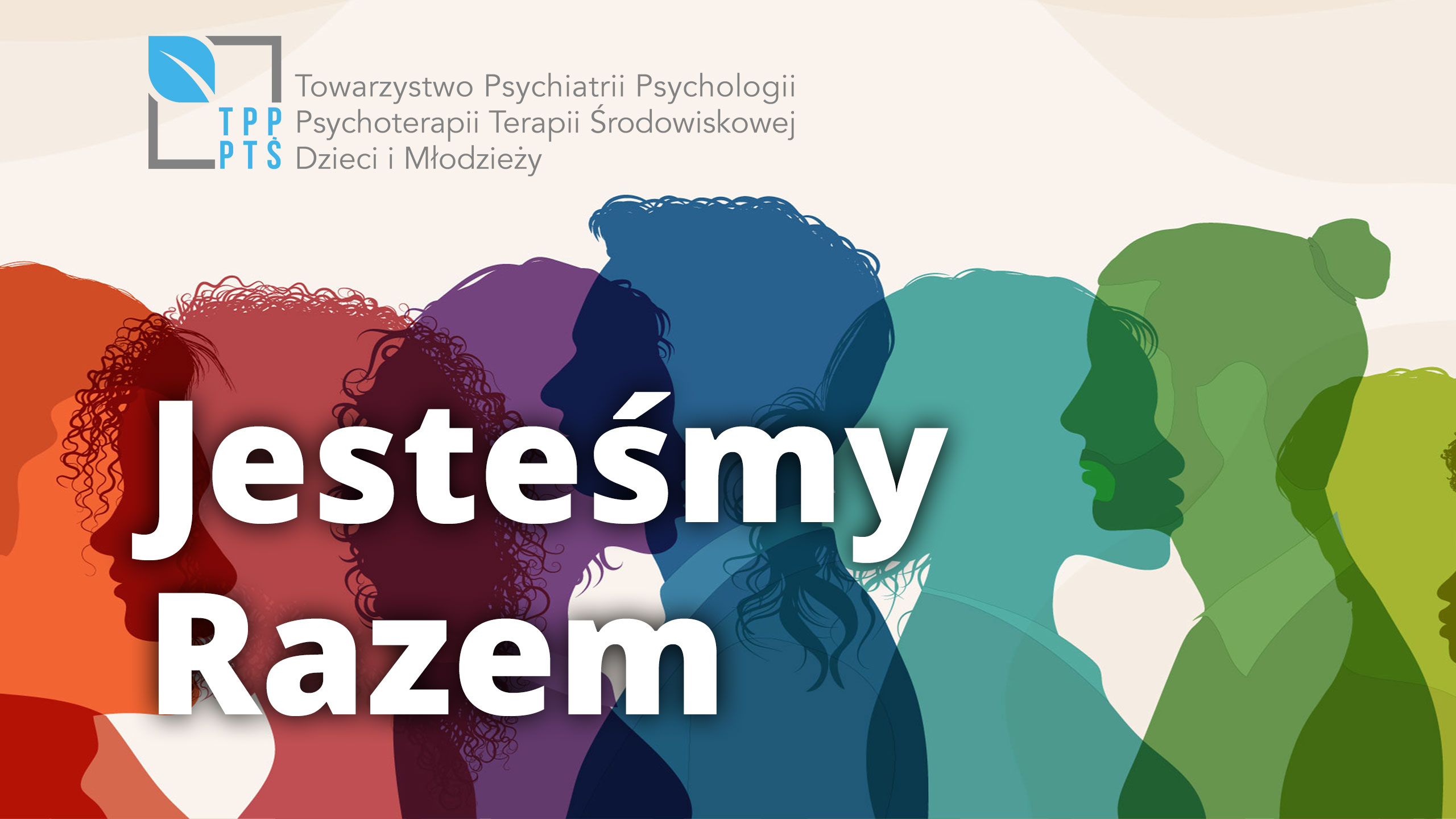Episodic memory in students with cerebral palsy
 Affiliacja i adres do korespondencji
Affiliacja i adres do korespondencjiObjective: Motor defects in children with cerebral palsy ultimately negatively affect all the aspects of their development. Memory is one of the most important of these aspects. The present study has been aimed at comparing the episodic memory among students who suffer from cerebral palsy and healthy students. Material and methods: The research method in this study was a comparative causal method. A total of 36 middle school and high school students have participated. The researchers first visited Taha School for children with physical and motor disabilities in Isfahan (Iran), and selected 18 of their students with cerebral palsy for the study (the total number of students with cerebral palsy in that academic year was 25, some of whom had severe disabilities and thus were not able to do the physical assignments of this study, hence they could not be selected). Then, considering the age, gender and socioeconomic condition of the group of students, a comparative group of healthy samples (18 persons) were matched with them. Verbal tasks and subject-performed tasks were applied to assess the students’ episodic memory. The memory was evaluated with a free recall test. Results: The results of t-test and ANOVA showed a significant difference between cerebral palsy students and the healthy ones in memory tasks. Overall, the students with cerebral palsy have shown fair and poor performance in verbal and practical memory tests compared to the healthy students. Conclusions: Dysfunction deficits and speech disorders are factors reducing the cognitive abilities of children affected by cerebral palsy. The studied children do not have enough ability to explore the surrounding world, which reduces their overall cognitive capacity. In this respect, impaired memory is an important part of their deficient cognitive functioning overall.















